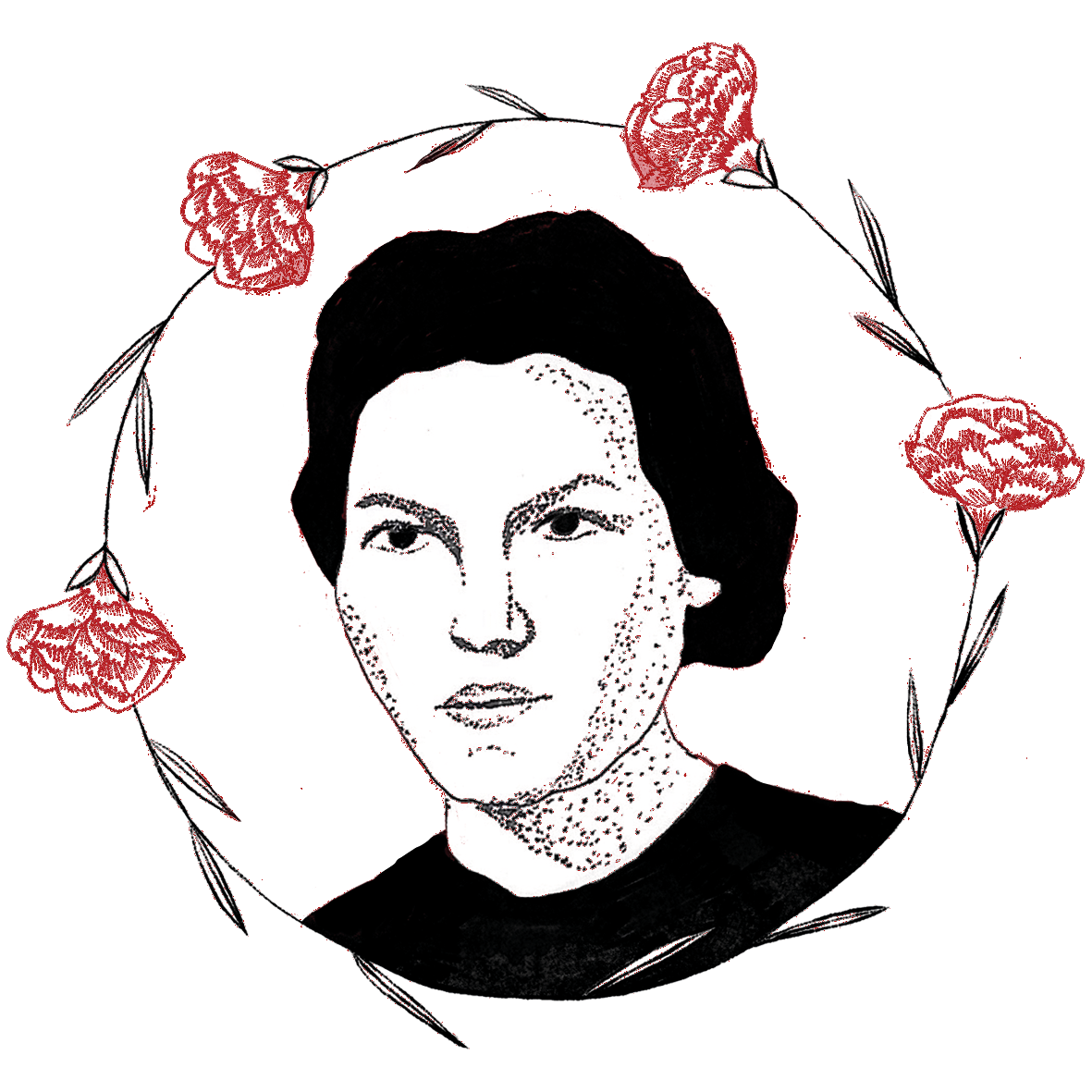Hello, would you like to briefly introduce yourself and your work?
My name is Joana, I am a postdoctoral scientist for the UKSH/CAU. I work in personalized medicine, meaning I analyze the patients genome when they are sick and after they get treatment to understand why some treatment works and others don’t. I work mainly on the computer, managing and programming big data, part of my work also gets done at home, after my toddler goes to bed. I have a 2 yold and a partner who does most of the traditional “woman” roles of child rearing; he does the Kita pickup, stays home if they are sick, and takes care of most dinners. I cover breakfast and cleaning, so much cleaning… always cleaning. I also take care of bills, groceries and family organization.
What does your everyday life look like with these two resbonsibility?
As most scientists, I am very passionate about my work and there is pressure to perform, because our next position depends on our past work. In the current state of my career, contracts are normally 2 years long – not ideal for having a family and stable relationships. There is a lot pressure to perform to attain that coveted permanent position. Adding that to raising a kid with no family support, it gets tricky, I mean sometimes it would be great to sleep past 5am on a Sunday – the bar is that low. I have been taught to separate my work from my personal life but I wouldn’t recommend. It is quite difficult not to take things home, especially when you (over-)work from home. And then I look around and the house is a mess, the fridge is empty, and I hear a small cough from the other room: and I think to myself; time to put the turbo on!! And the turbo is often on…
How do you feel with this doubel burden of working in a paid job and working at home as well, as a mother?
I sometimes worry that I might be setting the wrong example for my child and my students. On the one hand, I have a strong work ethic and encourage my students to have a healthy work balance- no extra hours and no pushing it when they don’t feel well. On the other hand, I often do exactly that. I used to believe in the old tale of “you can achieve anything” I mean yes, but no, society norms and current political decisions have a say on what you can achieve.
Besides the double burden, I find myself stuck with a third burden; often around this time people call me to give additional presentations and meetings, to “represent women in science”. I mean great, but I do this as part of my job, why the extra work? It just feels like March comes around and our institutions need to check the box: “we support women”. What we actually need is policy change, but the ones capable of it are never in the room.
Would you like to change something about the double burden, which most women experience?
I would like to reinvent university positions. I think it is rather unproductive to have this 2 year positions. Also this is the only job where your chief invests in you and your knowledge (workshop, conferences) only for you to leave after 2 years, it is counterproductive. Stability would not affect productivity, it would only inspire others to do the same and create a collaborative and supporting environment. When science thrives, society gets healthier- and maybe parents could even be a little less exhausted. And if we are dreaming, it would be great to have more flexible hours in Kita. After-hours programs but of course, with more and better-paid care workers.
Soon it will be March 8, the international feminist day of struggle. What role does it play for you and your – paid & unpaid – work?
8th of March is around the corner, a day of recognition, a day of action. Let’s have better policies, actual structural changes and real investment in supporting working women – not just another panel discussion about how hard it is to be one.
